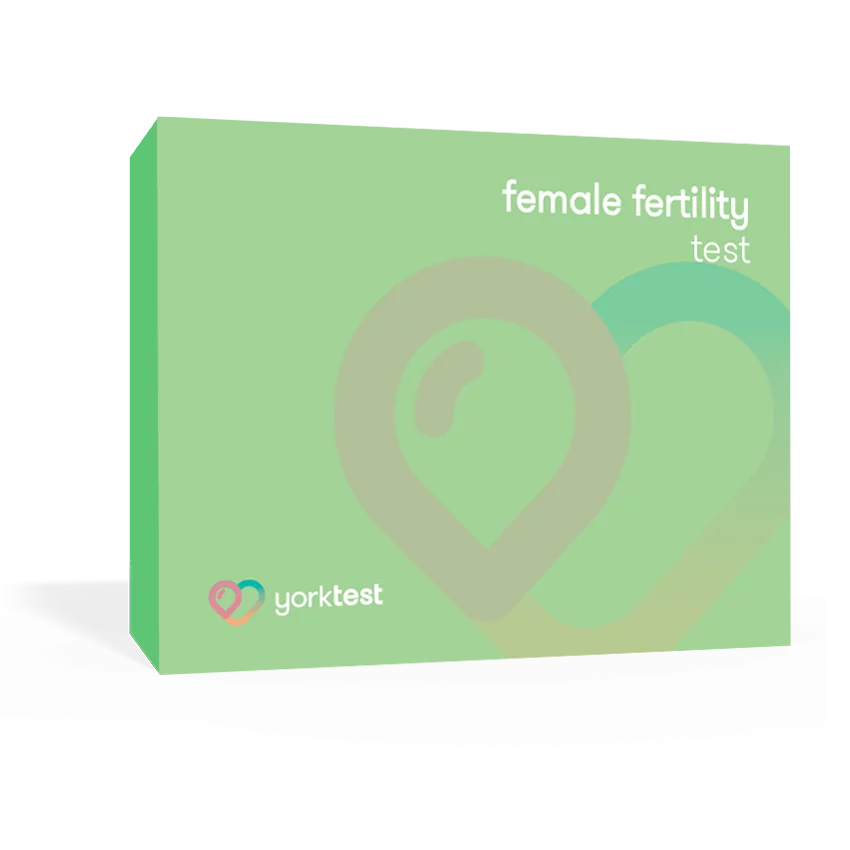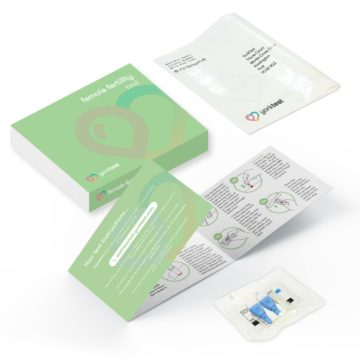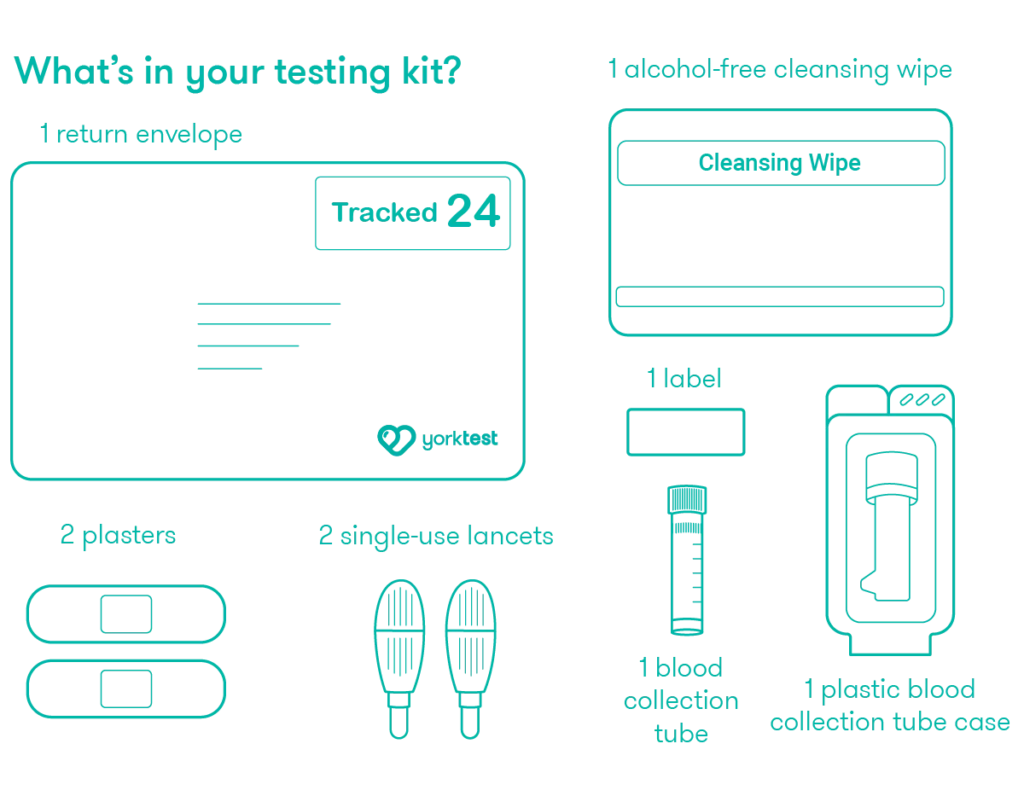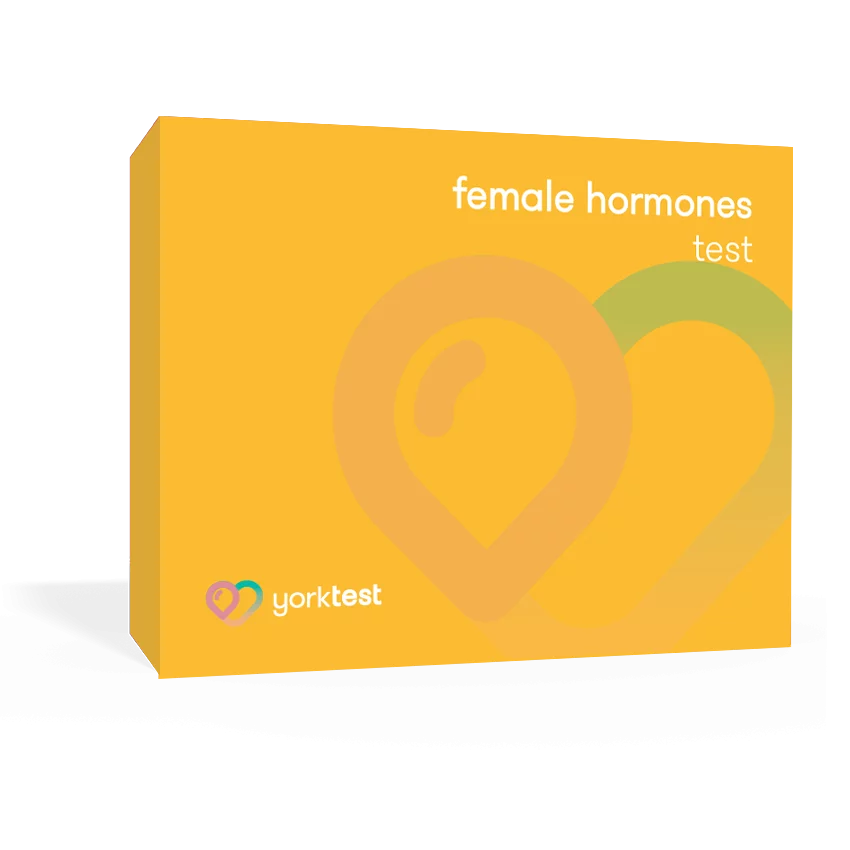Female Fertility Test
Original price was: £79.£55Current price is: £55.

0% interest for 4 months with PayPal Credit. Learn more
PayPal Credit is like a credit card, without the plastic. It’s a credit limit that’s attached to your PayPal account which you can use for your online purchases. 0% interest for 4 months is available on single transactions of £99 or more. Find out more
- Add items to your Basket
- Select PayPal as your payment method at checkout
- Log into your PayPal account and chose PayPal Credit as your payment method or apply for PayPal Credit
Representive Example
Representive 23.9% APR (variable); Purchase rate 23.9% p.a (variable); Assumed credit limit £1200.
Credit subject to status. Terms and conditions apply. YorkTest acts as a broker and offers finance from a restricted range of finance providers.
PayPal Credit is a trading name of PayPal (Europe) S.á.r.l et Cie, S.C.A, 22-24 Boulevard Royal L-2449, Luxembourg.
+ FREE Delivery on all orders
Are you looking to start a family in the future and want to find out more about your potential fertility? Are you interested in learning more about your ovarian reserve (an indication of how many eggs you have remaining)? Are you finding it hard to fall pregnant and would like to understand more about your hormone levels?
This test can help you start to build a picture of your potential future fertility.
- Provides results for 2 key fertility hormone markers
- Simple at-home finger-prick blood test. No social interaction required
- Provides hospital standard, easy-to-read results
- Provides clear information and signposting to see your GP if required
- Only available for women aged between 20 and 50 years
- Not suitable for those taking hormonal contraception or hormone replacement therapy
- Sample taken on Day 3 of your menstrual cycle
- Only available in the UK













